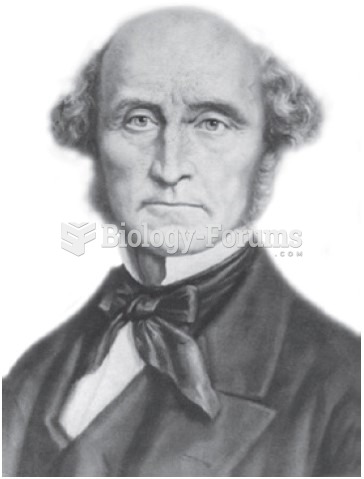|
|
|
The tallest man ever known was Robert Wadlow, an American, who reached the height of 8 feet 11 inches. He died at age 26 years from an infection caused by the immense weight of his body (491 pounds) and the stress on his leg bones and muscles.
You should not take more than 1,000 mg of vitamin E per day. Doses above this amount increase the risk of bleeding problems that can lead to a stroke.
Vampire bats have a natural anticoagulant in their saliva that permits continuous bleeding after they painlessly open a wound with their incisors. This capillary blood does not cause any significant blood loss to their victims.
Long-term mental and physical effects from substance abuse include: paranoia, psychosis, immune deficiencies, and organ damage.
More than 4.4billion prescriptions were dispensed within the United States in 2016.
 Reindeer antlers grow again each year under a layer of fur called velvet. This reindeer is losing th
Reindeer antlers grow again each year under a layer of fur called velvet. This reindeer is losing th
 The pancreas. This organ sits just below the stomach and is both an exocrine and an endocrine gland.
The pancreas. This organ sits just below the stomach and is both an exocrine and an endocrine gland.
 The first commercially successful typewriter, manufactured in quantity beginning in 1874, surely fue
The first commercially successful typewriter, manufactured in quantity beginning in 1874, surely fue




